
Coronavirus test kits, contact tracing app, telemedicine: how Singapore’s tech sector stepped up to the plate amid surge in cases
- Singapore’s biotech and research community became involved early on in the outbreak, developing tests for the virus
- The government launched the TraceTogether app to allow for more efficient quarantine measures, while telemedicine helped patients at home with minor problems
Singapore’s collective efforts in research and technology are helping it cope with a recent rise in Covid-19 infections that have stretched its health care resources.
As of April 20, the city had reported just over 8,000 cases – more than any other southeast Asian country, and 11 related deaths.
Government initiatives in biotechnology and research kicked into high gear after the first case of the disease caused by the new coronavirus was diagnosed in the city state on January 23.
It focused on developing faster tests for the disease, tracing close contacts of those confirmed infected, and ongoing care of citizens with other health issues.

Testing
The government’s Home Team Science and Technology Agency and Veredus Laboratories worked together early on to develop a swab test diagnosis for the disease, with more than 99 per cent accuracy. It yields results in three to six hours, quicker than most tests initially used in hospitals, which take up to seven hours.
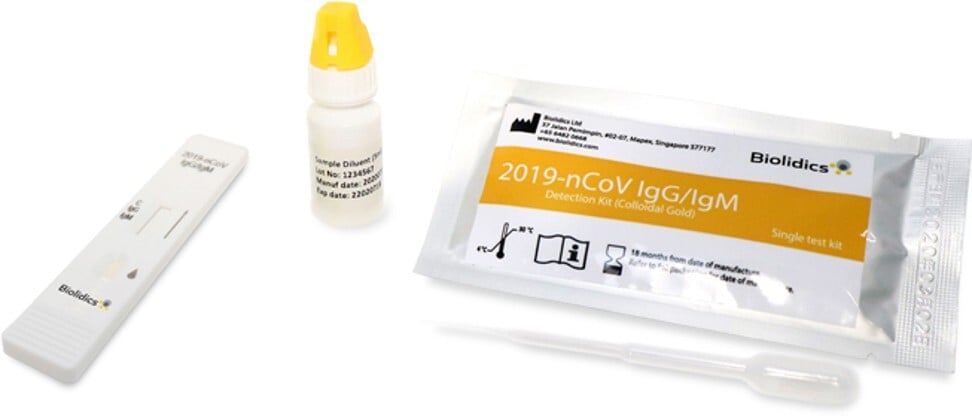
Other locally developed kits include The Agency for Science, Technology and Research (A*STAR) and Tan Tock Seng Hospital’s (TTSH) Fortitude Kit 2.0, with ongoing development by Institute for Health and Technology (healthTech) researchers, including a Safer-Sample kit that allows virus testing samples to be transported at room temperature.
The Health Sciences Authority (HAS) is ensuring the rapid availability of the tests – supplying all tests that have provisional authorisation to health care institutions, hospitals, medical clinics and laboratories across the city. To date, 19 kits have been approved.
Singapore-listed medtech company Biolidics, a specialist in cancer diagnostic solutions, is launching the first batch of its approved Covid-19 test kits this month. They yield results in just 10 minutes.
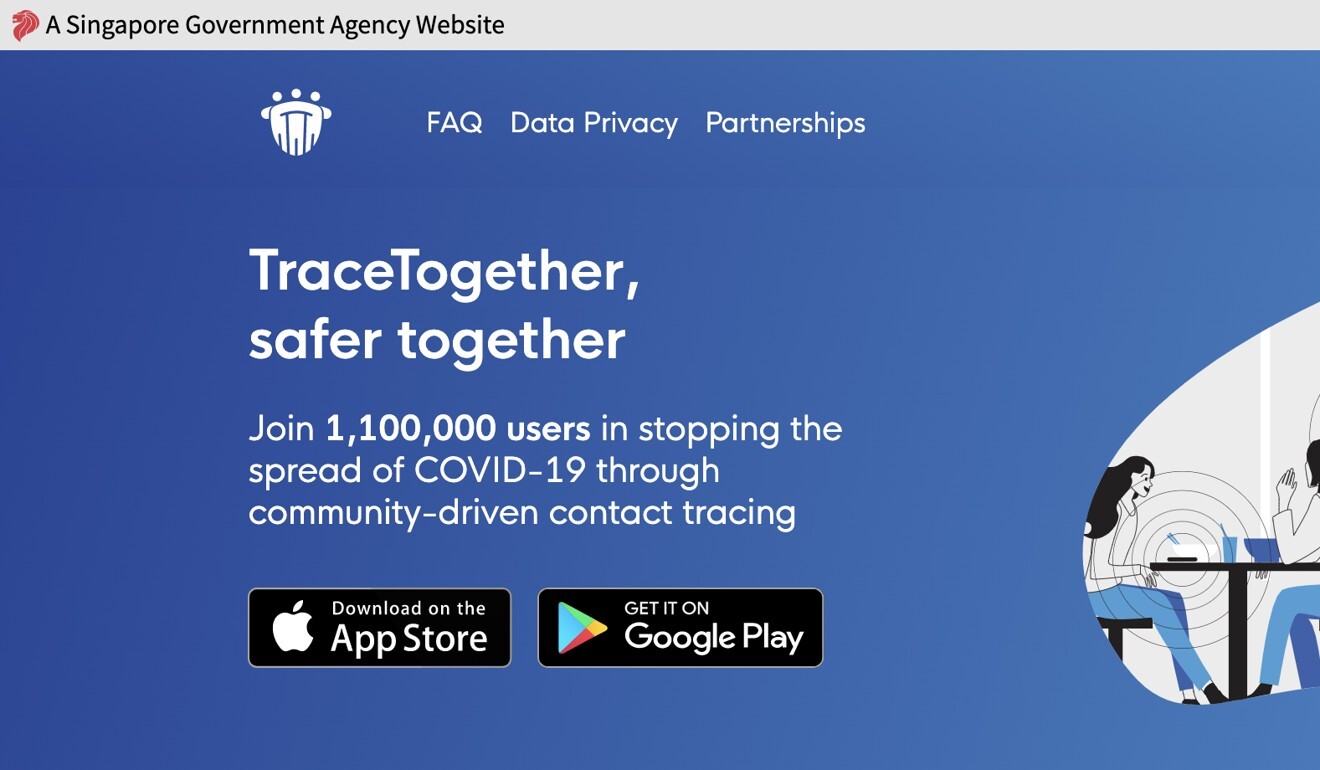
Tracing
No personal information or mobile numbers are exchanged, only a random ID from phones that have the app and Bluetooth functions turned on, as the app exchanges signals between phones nearby. The app does not reveal geolocation information about where the Covid-19 cases may have occurred.
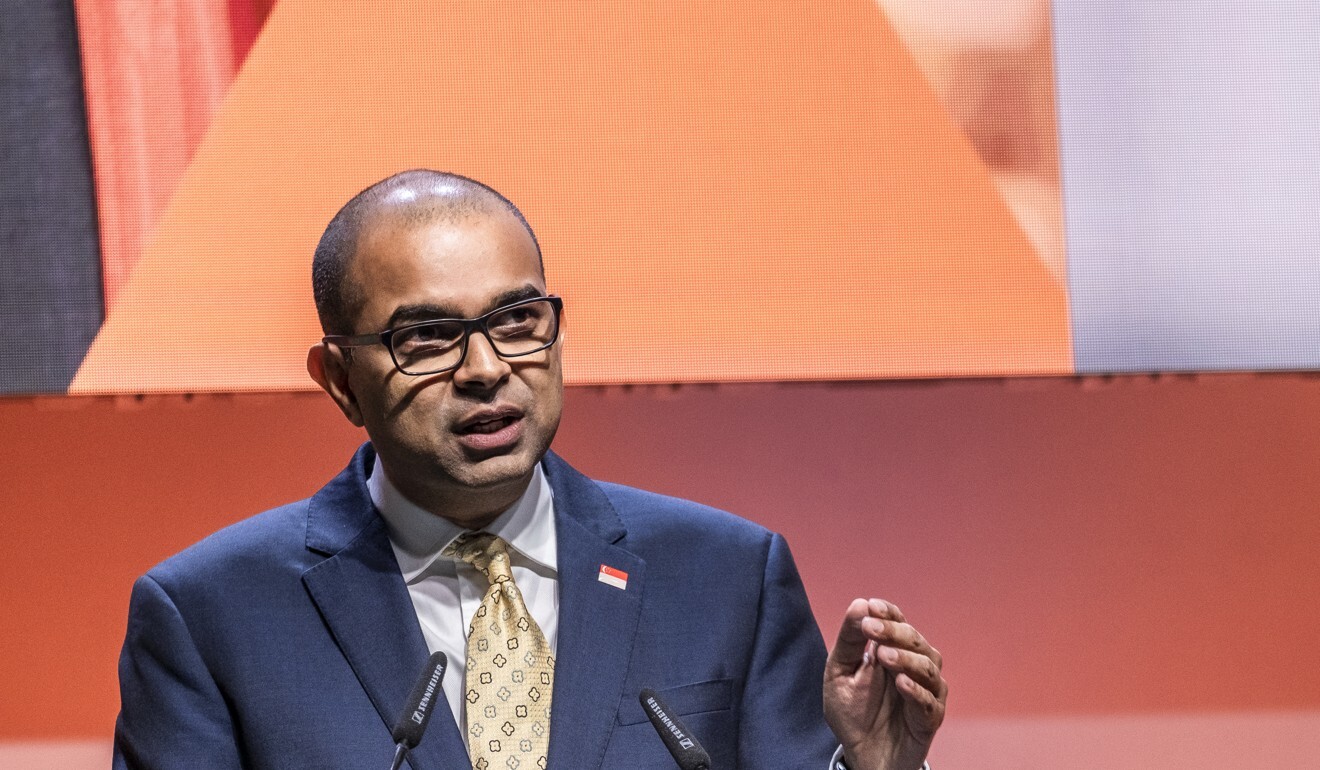
About 40 engineers invested over 10,000 man-hours to develop the TraceTogether app, which is freely available to developers. The federal government in Australia has just announced plans to introduce TraceTogether for its population, which will also be on a voluntary basis.
Sheralyn Tay, a kidney-transplant patient in Singapore who is immune compromised, finds TraceTogether reassuring. “It offers a bigger sense of security. As much as we try to limit social activities, there is always a fear of inadvertent contact with someone who turns out to be sick. Knowing it will be easier to be contacted and come under containment measures brings more peace of mind.”
While more than a million people have downloaded the app since its launch, National Development Minister Lawrence Wong told the national broadsheet The Straits Times, “For TraceTogether to be effective, we need something like three-quarters – if not everyone – of the population to have it.” Several million more people will need to be persuaded to download it, as the government’s statistics department estimated the population to be 5.7 million as of June 2019.
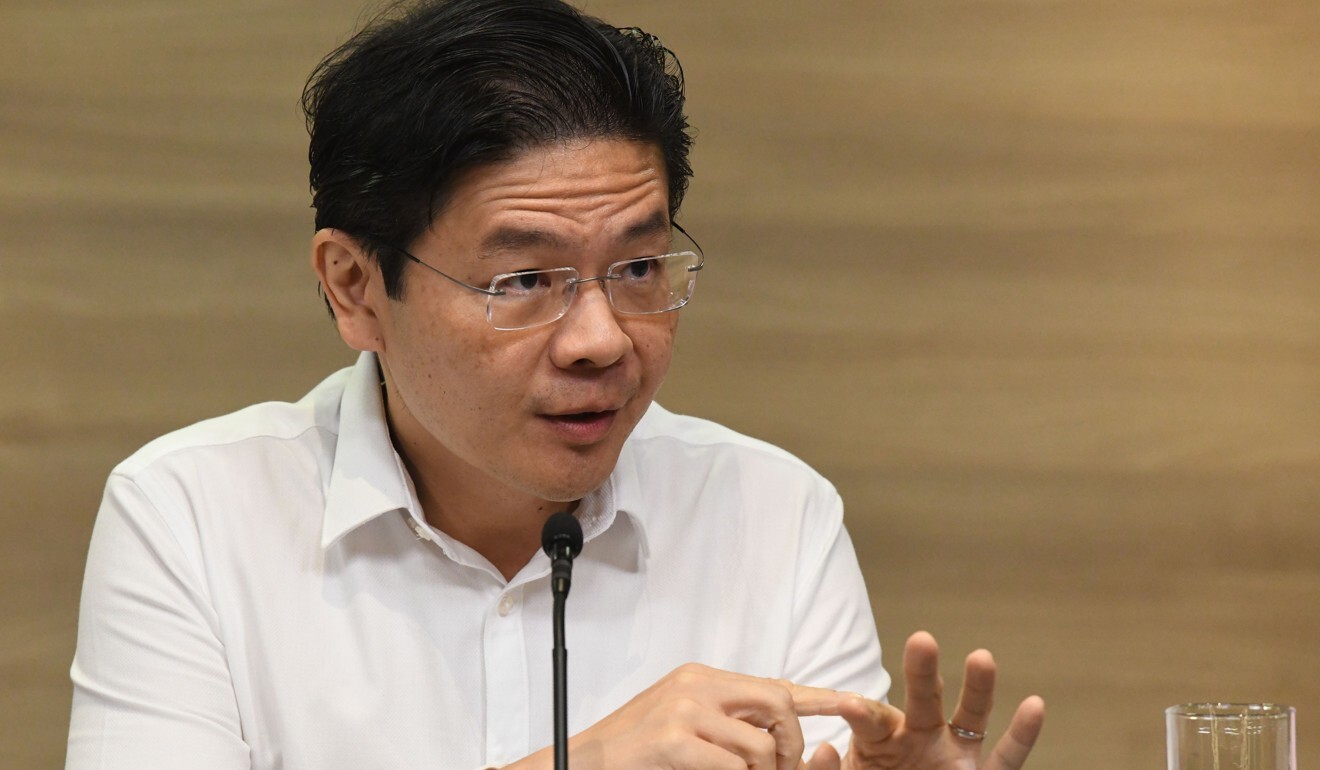
Telehealth
WhiteCoat was the first participant in the Singapore Ministry of Health regulatory sandbox, the Licensing Experimentation and Adaptation Programme for telemedicine providers, joining in April 2018. CEO and founder Bryan Koh says it now has more than two million corporate and retail users in Singapore, and since January the company has seen a growth of 20 per cent to 30 per cent week-on-week in consultations.
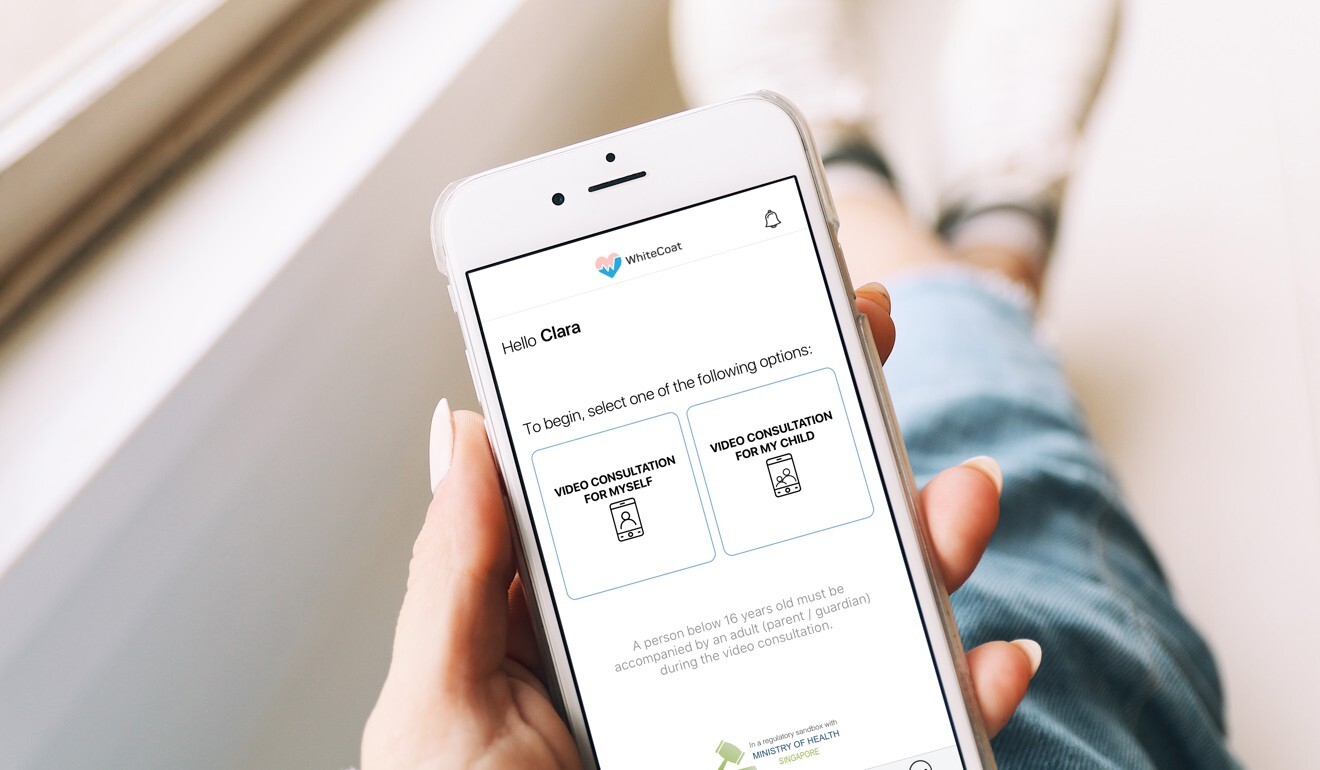
Launched in 2017, Doctor Anywhere serves more than 1 million users online and offline through its mobile app as well as island-wide clinic chains. It has seen a two- to threefold increase in its app’s usage, especially for respiratory case consults, since January.
Doctor Anywhere founder Lim Wai Mun says: “It provides people with unique treatments in a more efficient way and brings personalised health care to patients quickly.”
WhiteCoat user Berry Goh notes that telemedicine is helpful in times like this when people may have a minor problem yet fear to step into a clinic. He had a subconjunctival haemorrhage, a broken blood vessel in his eye, and a WhiteCoat GP prescribed eye drops. “After four days, my eye was back to normal,” Goh said.
